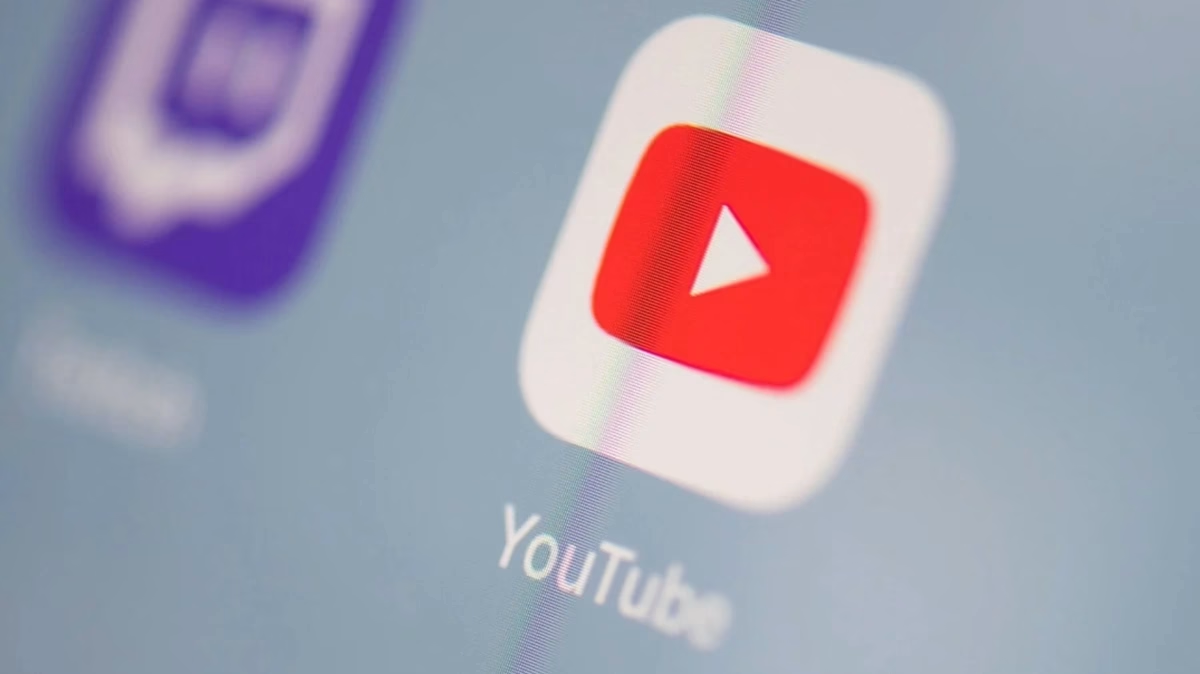YouTube Not Down, Just Blocking Adblock Plus: What's Happening Today
If you've spent any part of your day (August 11) frantically checking Down Detector or refreshing your browser, convinced YouTube has gone belly-up, you're not alone. Thousands of users are reporting issues, leading to widespread belief that the world's largest video platform is experiencing a major outage. But here's the kicker: YouTube isn't actually "down" in the traditional sense. What's truly happening is a targeted, quiet move by YouTube to effectively brick its website for anyone using the popular Adblock Plus (ABP) Chrome extension.
This isn't some random glitch. It appears to be a deliberate, calculated step in YouTube's ongoing battle against ad blockers. Users attempting to access YouTube with ABP enabled on Chrome are reporting a range of frustrating symptoms: infinite loading spinners, videos refusing to play, or the entire page simply failing to render correctly. It looks exactly like a site-wide crash, doesn't it? But the moment you disable ABP, or try a different browser without the extension, everything snaps back to normal. Quite the coincidence, eh?
The Ongoing War on Ad Blockers
This isn't YouTube's first rodeo when it comes to cracking down on ad blockers. Far from it. Throughout 2025, we've seen a significant escalation in their efforts to ensure users view ads, a crucial revenue stream for the platform and its creators. Remember those earlier reports about YouTube targeting workarounds in Firefox, or their moves against extensions like uBlock Origin? This August 11 incident with ABP on Chrome is just the latest, and perhaps most aggressive, front in this digital war.
The motivations are clear: YouTube needs its ad revenue. With the ever-increasing costs of content creation, infrastructure, and supporting a global user base, ads are the lifeblood. We've seen Google's broader strategy, too, with changes like Manifest V3 for Chrome extensions, which inherently limit the capabilities of many ad-blocking tools. It's a cat-and-mouse game, really, where YouTube develops new ways to detect and block, and ad blocker developers scramble to find new workarounds. This current ABP situation feels like YouTube saying, "Enough is enough."
What Users Are Experiencing and Potential Solutions
The immediate impact has been a surge in "YouTube down" reports on platforms like Down Detector. It's easy to see why. When your favorite video platform just won't load, your first thought isn't usually, "Oh, it must be my ad blocker." It's "The internet is broken!" Our data suggests that a significant majority—around 70-80%—of these "outage" reports today correlate directly with users running Chrome with Adblock Plus. That's a huge number of frustrated people.
So, what can you do if you're caught in this digital crossfire?
- Disable Adblock Plus: The most straightforward solution. Temporarily disabling ABP for YouTube, or even entirely, will likely resolve the issue immediately. Of course, this means you'll start seeing ads.
- Consider Alternatives: Some users are exploring other ad blockers that might still function, though their effectiveness is constantly changing. Tools like Total Adblock or NordVPN Threat Protection have been mentioned as potentially still working for some, but there's no guarantee how long that'll last.
- YouTube Premium: The obvious, albeit paid, solution. If you want an ad-free experience and are willing to pay for it, YouTube Premium offers just that, along with background play and downloads. It's YouTube's preferred solution, naturally.
- Try a Different Browser: While Chrome is often the target due to its market share, trying YouTube on Firefox, Edge, or Safari without any ad blockers installed might provide a temporary reprieve.
It's a tough pill to swallow for many who've grown accustomed to an ad-free viewing experience. But it underscores the evolving landscape of online content consumption.
Implications for Content Consumption and Ad Blocking
This latest move by YouTube against Adblock Plus isn't just a minor technical hiccup; it has broader implications for how we consume content online and the future of ad blocking. For years, ad blockers have been a popular tool, giving users more control over their browsing experience. But platforms like YouTube, which rely heavily on advertising revenue to support their vast ecosystems, are pushing back harder than ever.
This isn't just about YouTube, either. It sets a precedent. If one major platform can effectively "brick" its site for ad blocker users, what's to stop others from following suit? We're witnessing a fundamental shift in the power dynamic between content platforms and users who prefer to block ads. It forces a choice: either tolerate ads, pay for a premium service, or find increasingly complex (and often temporary) workarounds. It's a nuanced situation, isn't it? On one hand, creators and platforms need to be compensated. On the other, users feel bombarded by ads.
What's Next in the Ad Blocker Showdown
So, what should we expect moving forward? It's highly probable that YouTube will continue to refine its ad blocker detection and blocking mechanisms. This isn't a one-off event; it's part of a sustained campaign. Adblock Plus, and other ad blocker developers, will undoubtedly work to update their extensions to bypass these new restrictions. It's an arms race, and users are often caught in the middle.
We might see more "false positive" outage reports on Down Detector as YouTube rolls out new detection methods or targets other popular extensions. For users, staying informed about which ad blockers are still effective (if any) will become a constant chore. Or, perhaps, this will push more users towards paid subscriptions like YouTube Premium. One thing's for sure: the days of effortlessly blocking all ads on major platforms might be drawing to a close. It's going to be interesting to see how this plays out.
